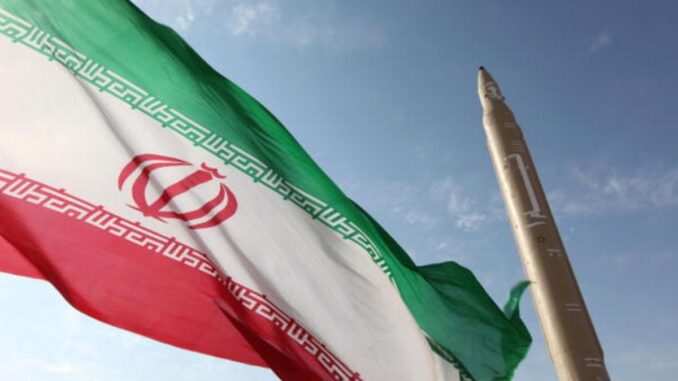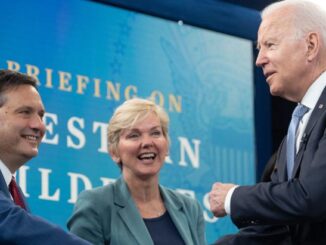
Energy News Beat Publishers Note: This last-minute compromise means nothing. Just a stall tactic
Iran offered a last-minute compromise to international atomic inspectors that stops short of completely curtailing their intrusive monitoring powers, tapping the brakes on a standoff that is escalating to become the Biden administration’s first major foreign policy challenge.
International Atomic Energy Agency Director General Rafael Mariano Grossi ended talks on Sunday in Tehran without convincing Iranian Foreign Minister Mohammad Javad Zarif to roll back a law that will suspend comprehensive snap inspections and other monitoring measures from Tuesday. He nevertheless described the result as “good” and said in a press conference in Vienna that he won inspectors a three-month partial reprieve which gives the diplomats space to potentially resolve the dispute.
“The Additional Protocol is going to be suspended,” Grossi said. “There is less access. If you compare the Additional Protocol with this temporary understanding, there are of course differences, there are things you lose and things you keep, the important thing is that there are things our inspectors are getting.”
The compromise follows U.S. and European pleas for Iran to continue adhering to the IAEA’s so-called Additional Protocol in order to give diplomacy a chance. The Biden administration has said it’s willing to meet with Iran to discuss a “diplomatic way forward” in efforts to return to the nuclear deal, a first step toward easing tensions.
“This is not a replacement for what we used to have, this is a temporary solution in the hope we can return to what we had in the future,” Grossi said. “We need to be honest with what we agreed, what we agreed is viable and it’s useful to bridge this gap that we have now. But for a sustainable situation, we will need political negotiations and that is not up to me.”
Inspectors routinely call snap inspections, monitor uranium mines and visit centrifuge workshops. Special online monitoring tools installed at Iranian enrichment facilities collect and store reams of verification data.
Iran Snap Inspections Held Near Record
IAEA monitors won power to conduct surprise visits under 2015 deal
Source: IAEA data compiled by Bloomberg
Ending IAEA access under the Additional Protocol could push the conflict closer to a military tipping point by raising suspicions over Iran’s nuclear work. Tehran has recently been raising uranium-enrichment levels, installing advanced new equipment and embarking on new fuel-making ventures — all dual-use activities that have utility for generating nuclear power or crafting a bomb.
Earlier on Sunday, Iran repeated that it won’t discuss the beleaguered accord with the Biden administration until Washington officially rejoins as a participant and lifts Trump-era sanctions on Iran’s economy.
“Once everybody implements their parts of the obligation there will be talks, and those talks will not be about changing the terms of the agreement, regional issues or missile issues. We’re not going to discuss those,” Iran’s Foreign Minister Mohammad Javad Zarif said in an interview with state-run Press TV.
Any negotiations with the U.S. would have to address the need for a guarantee that Washington won’t quit the deal again, Zarif added. President Donald Trump pulled the U.S. out of the accord that aimed to prevent Iran from developing nuclear weapons.
In an interview with CBS News on Sunday, U.S. National Security Advisor Jake Sullivan said “it is Iran that is isolated diplomatically now, not the United States, and the ball is in their court.”
— With assistance by Arsalan Shahla, and Golnar Motevalli





